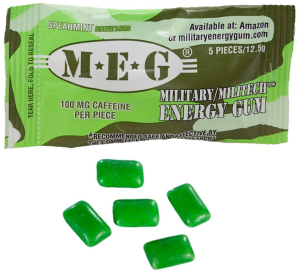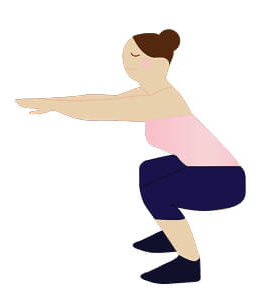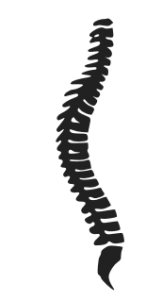-
Does caffeinated gum improve endurance?
It's no secret that caffeine can enhance athletic performance, allowing athletes to push themselves harder and longer. In fact, caffeine is so effective that it's even
 banned in large doses at the Olympic level. Whether it's a cup of coffee or an energy drink, many athletes turn to caffeine to give them that extra edge they need to succeed.
banned in large doses at the Olympic level. Whether it's a cup of coffee or an energy drink, many athletes turn to caffeine to give them that extra edge they need to succeed.How it works?
⚡ Caffeine reduces the limited glucose reserves and, thus, promotes the metabolism of the near-endless stored fats for enduring energy.
⚡ Our central nervous system can affect how we perceive physical activity, making it less tiring. Our bodies and brains work together to make exercise easier.
Consumption.
🫘 The stated 100mg of caffeine per hour is best consumed in liquid form.
🫘 Energy drinks, cola’s, and coffee are the most popular choices.
🫘 Then there are sports bars, jelly lollies, and the common energy gels.
Does (slow-release) caffeinated chewing gum provide additional benefits?
The Test.
Four riding friends & I rode for 5 hours, holding a similar sustained effort at a relative 85% of maximal 1-hour effort (measured by watts & heart rate).
1 (100mg caff) chewing gum piece each hour for 5 hours.

5 hours, nothing but water.
Results.
⚡ Given zero calories at the effort of 85%>, I assumed we’d dip in performance during the last 90 minutes.
⚡Strangely, we all seemed to keep a strong effort, riding ability, and confidence for the entire five hours.
The downside.
💩 All of us experienced loose bowels towards the end of the ride. This continued the next day.
💩 The next day, our hunger levels were significantly higher, and our muscles seemed to recover more slowly than usual.
Again?
I reckon I’d keep one or two pieces in my back pocket for those bonking moments!
-
Does sodium supplementation improve performance?
Beliefs & Science.
Before Exercise
Popular belief
Science
Strong evidence that it retains fluid.
True, but unclear if this is indeed useful.
During Exercise
Popular belief
Science
Helps absorption of fluids.
Relatively small effects.
Maintain blood sodium.
Only in extreme conditions.
Avoid depletion of body sodium.
No evidence.
Prevents cramps.
Little to no evidence.
Improves performance.
Little to no evidence.
After Exercise
Popular belief
Science
Retaining fluid.
Strong evidence only if no food is consumed.
Replacing sodium deficient.
Only in extreme conditions.
Research aside, here’s my first-hand experience.
🚴 Hawaii Ironman 2012 & 2013 (Zero sodium supplementation) – cramped horribly, lacked energy, & raced poorly.
🚴 Hawaii Ironman 2014 & 2017 (Consumed 1 x 600mg tablet for all five hours of the bike leg) – zero cramping, sustained energy, & raced to befit my fitness.
🚴 I had to spit out the salt tablet during the first hour of the bike. However, the tablet during the 5th hour tasted like a fruity sweet lollie.
🚴 100% I would supplement sodium in warmer conditions again.
-
What?
 Practice the 3 most important exercises on waking.
Practice the 3 most important exercises on waking. 30 reps x 3 sets, about 3 minutes of exercise.
30 reps x 3 sets, about 3 minutes of exercise. Complete all 30 days and win a $250 Rebel Sport voucher.
Complete all 30 days and win a $250 Rebel Sport voucher. Bored? Follow along with the videos.
Bored? Follow along with the videos.Why?
 Postural balance.
Postural balance. Summer is coming.
Summer is coming. You can and you should.
You can and you should.



